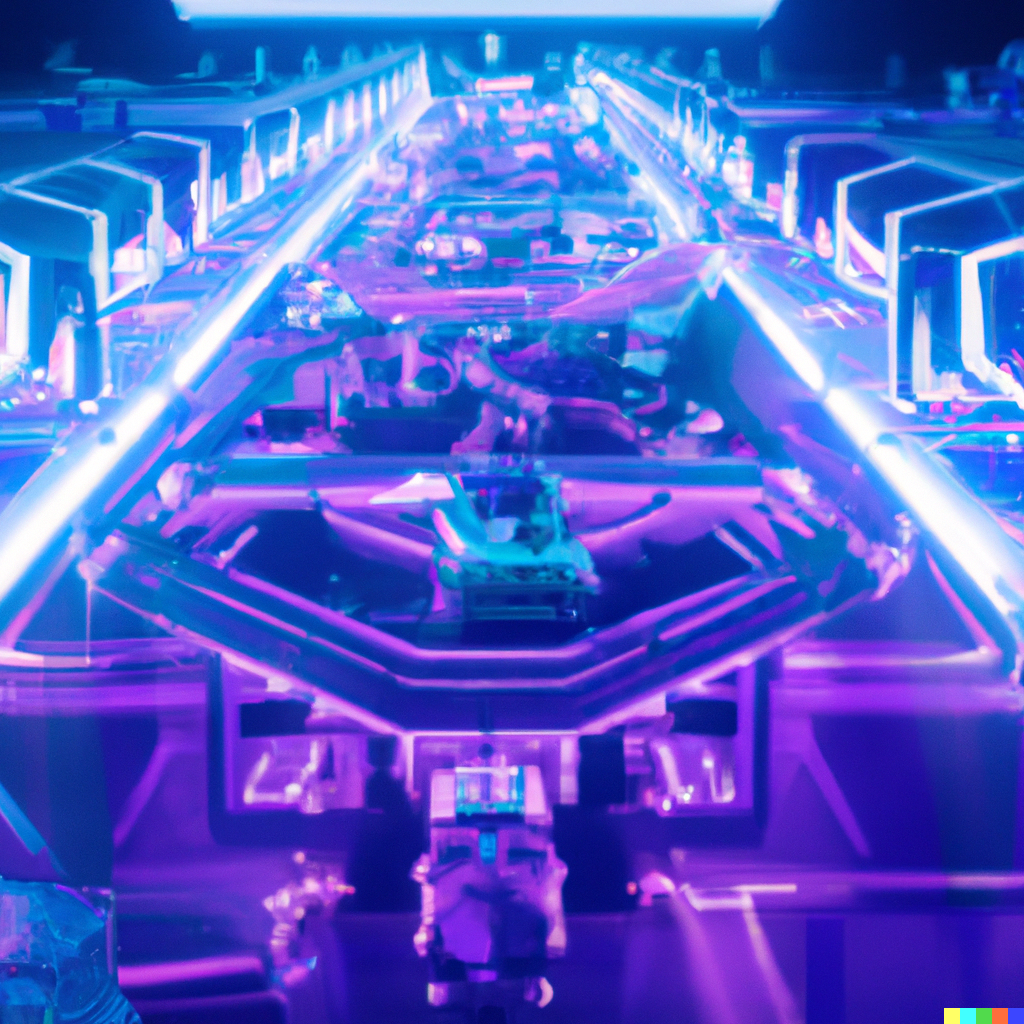The Future Is Now
The decentralized future is an exciting prospect that has been gaining traction in recent years, particularly in the realm of technology and the internet. Decentralization is about providing an alternative infrastructure that allows individuals to access options when they find themselves in a repressive or unfavorable centralized system.
DECENTRALIZED
- A system where power & control are distributed among a network of individuals

One of the key reasons why the decentralized future is necessary is because of the increasing power and control that centralized organizations and institutions have over our lives. From banking to social media, centralized systems often limit access and control over our personal data, as well as restrict our ability to participate in community conversations. This can lead to issues such as restricted access to banking services, lack of control over how our data is shared, and mass banning from social media platforms like Twitter, YouTube, and Facebook.
Decentralization provides a solution to these issues by creating a system in which power and control are distributed among a network of individuals, rather than being concentrated in a single entity. This allows for a more equitable distribution of resources, as well as greater transparency and accountability in decision-making. Additionally, decentralized systems can provide an alternative option for those who may face restrictions or limitations in centralized systems like journalists reporting in authoritarian governments or an oppressed group of citizens.
In the realm of finance, decentralized systems such as blockchain technology and cryptocurrencies can provide a more secure and transparent way of transferring assets. Blockchain technology allows for secure transfer of assets without the need for 3rd parties, while cryptocurrencies can provide a way for individuals to store and transfer value outside of traditional banking systems which may be restrictive due to high fees or lack of proper identification. In Michigan, people need four types of paperwork to receive a state ID, making it highly restrictive for the poor.
In terms of data and privacy, decentralized systems can provide a more secure and private way to share and store information. Peer-to-peer networks and distributed storage technologies like IPFS allow individuals to have greater control over their data, and share it more selectively and securely.
The decentralized future is not about creating a utopia in which all centralized systems are removed, but rather about providing a balance between centralized and decentralized systems, in order to ensure that individuals have access to the resources and services they need, while also maintaining their privacy and autonomy. This requires education and awareness around decentralized systems and technologies, as well as the development of new governance structures that can effectively manage and maintain these systems.
